EDITORIAL
Published on 08 Oct 2024
Editorial: International day of happiness: happiness and wellbeing in the age of climate catastrophe
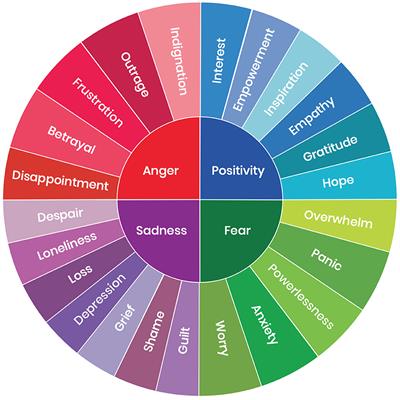
doi 10.3389/fpsyg.2024.1497347
- 784 views
12k
Total downloads
68k
Total views and downloads
EDITORIAL
Published on 08 Oct 2024

OPINION
Published on 19 Jul 2024
PERSPECTIVE
Published on 16 May 2024
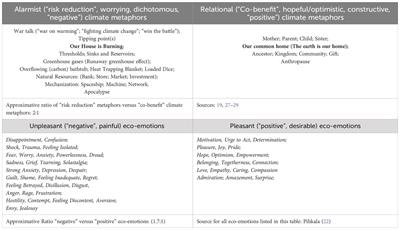
PERSPECTIVE
Published on 27 Jul 2023
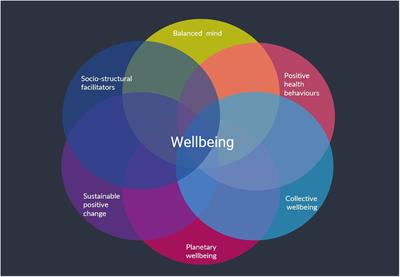
OPINION
Published on 22 Jun 2023
ORIGINAL RESEARCH
Published on 06 Jan 2023
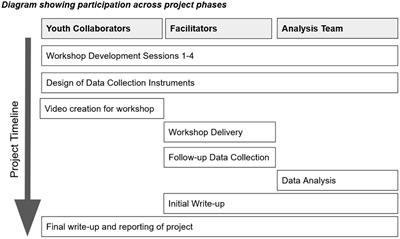
HYPOTHESIS AND THEORY
Published on 14 Nov 2022
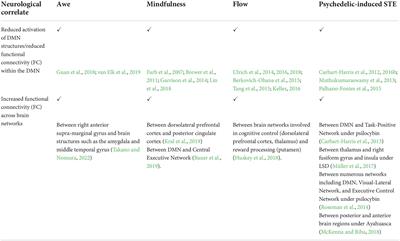
REVIEW
Published on 23 Sep 2022
